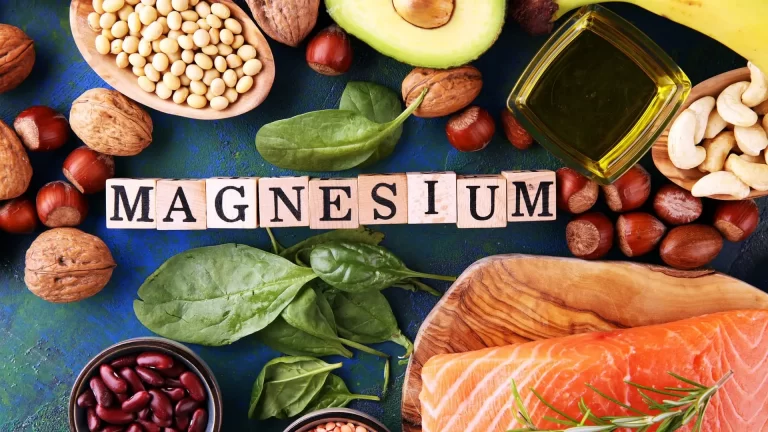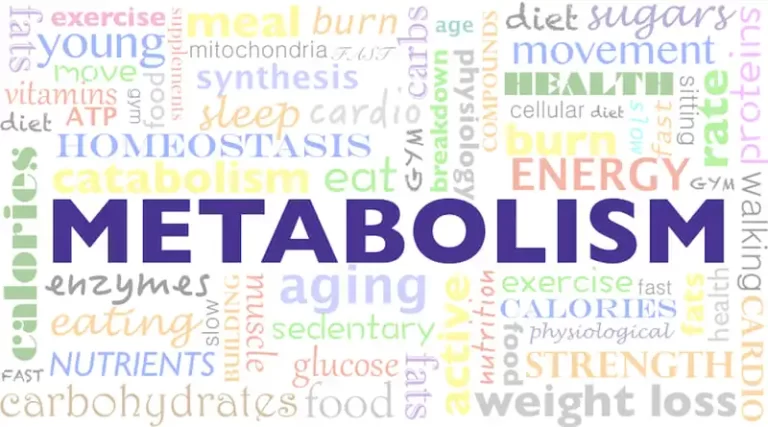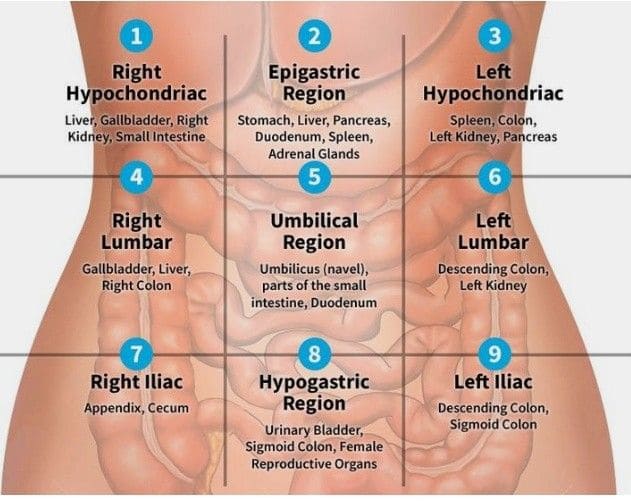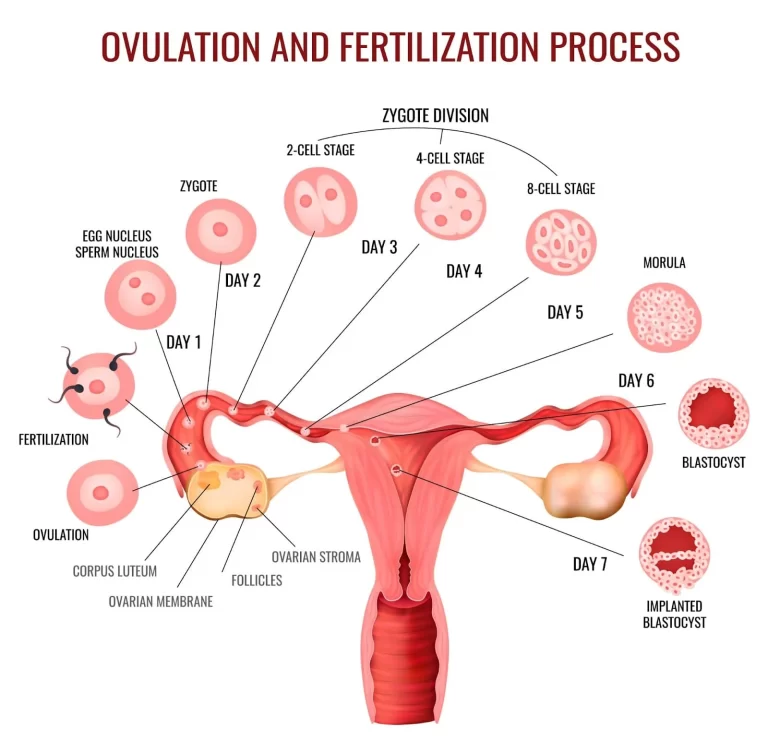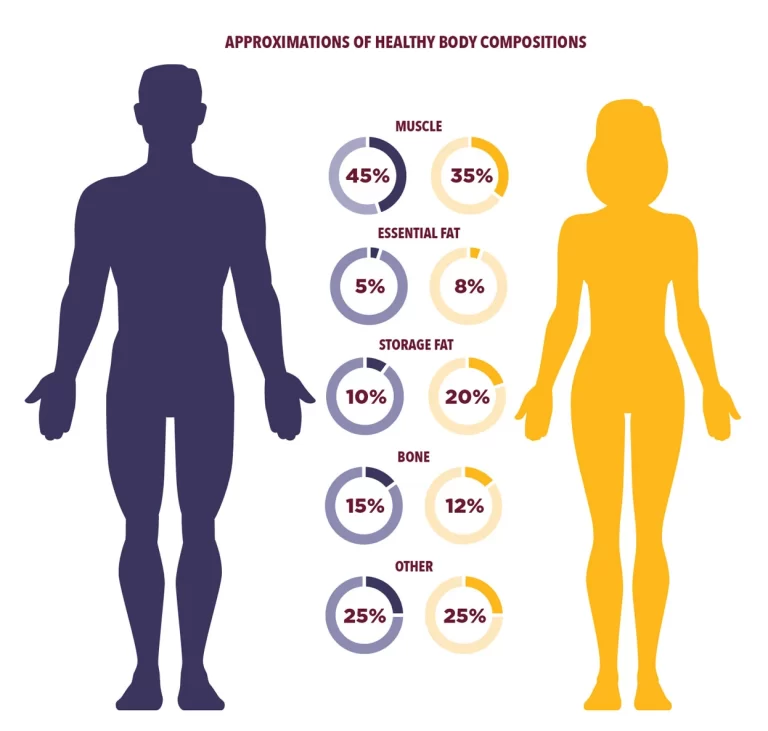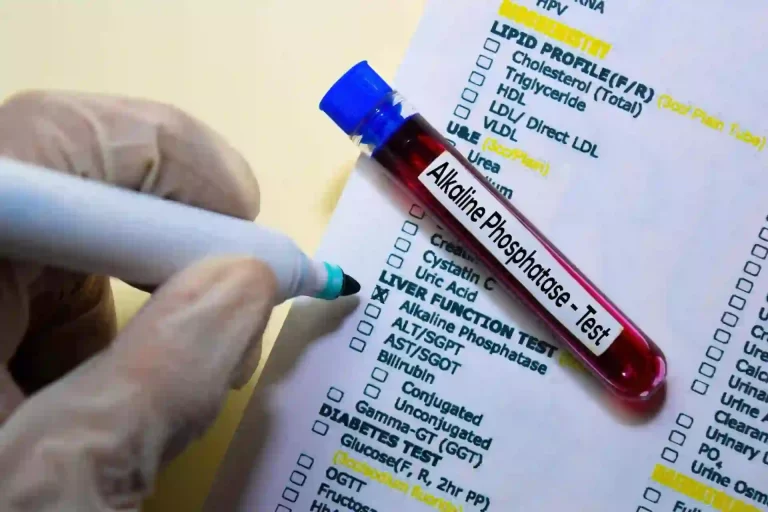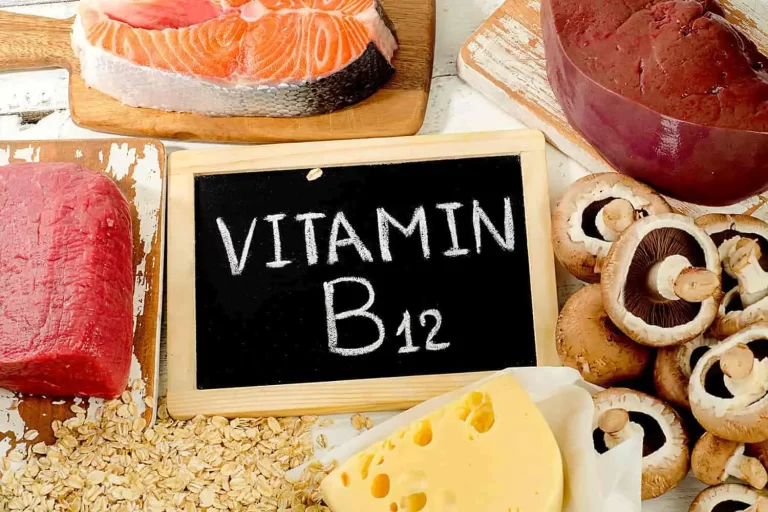Lower Limb Dermatomes
Definition Lower Limb Dermatomes are skin areas innervated by sensory fibers from a single spinal nerve root. In the lower limb, they originate from the lumbar (L1-L5) and sacral (S1-S5) nerve roots, following a general pattern: These dermatomes are crucial for diagnosing nerve root injuries and neurological conditions affecting the lower limb. Dermatomes of Lower…


